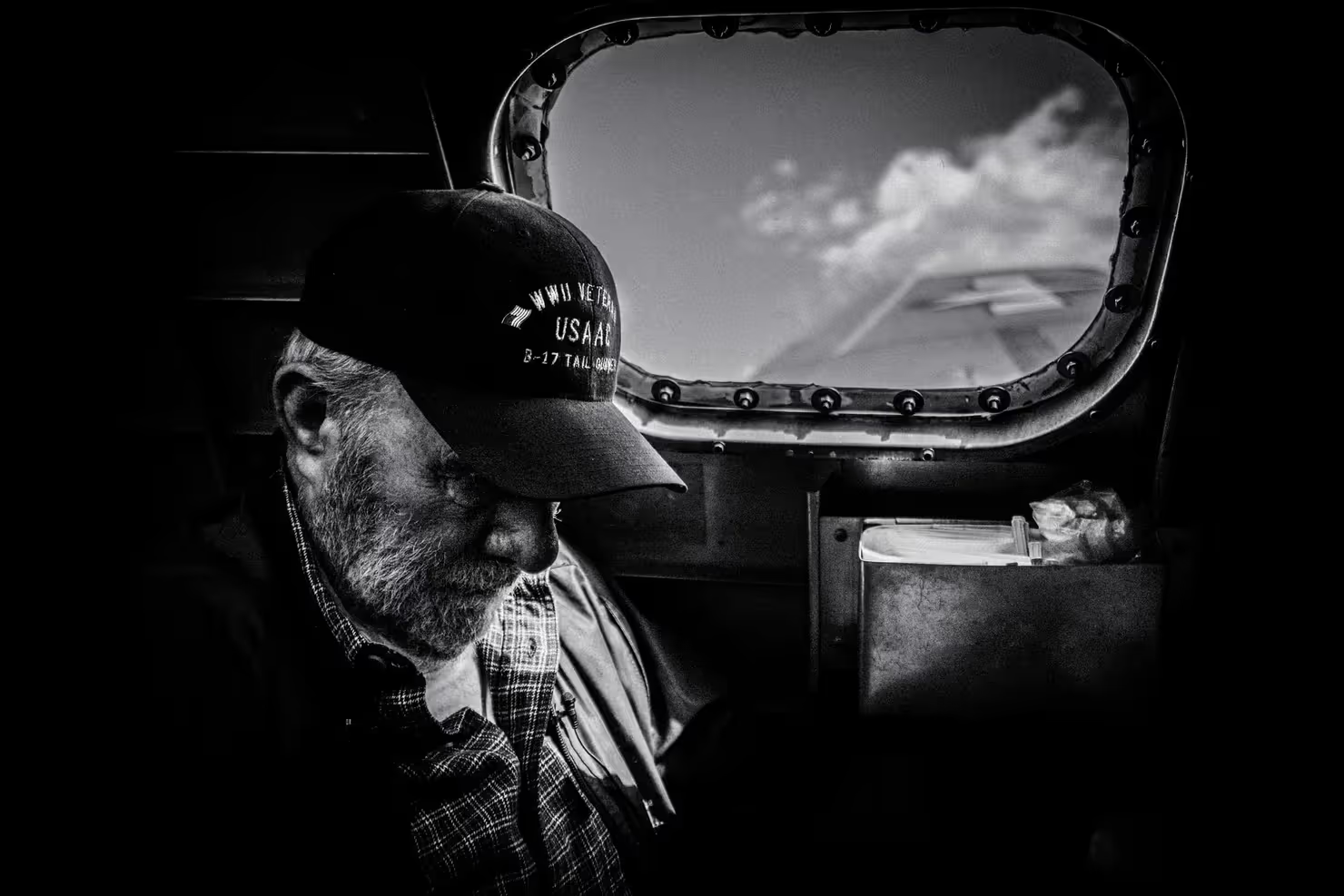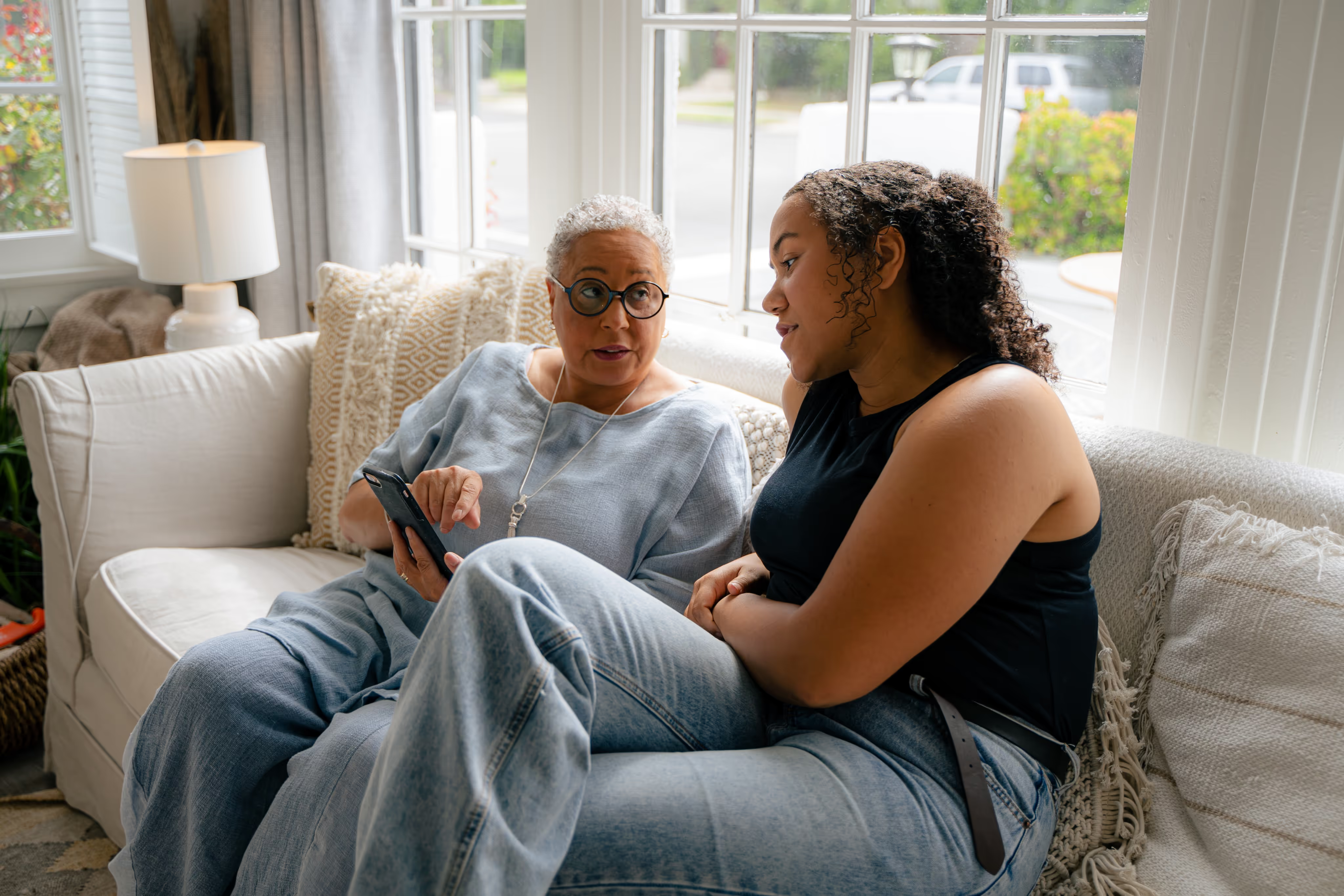Guaranteed to teach you things you never knew.
Questions to Ask U.S. Military Veterans
Honor our military veterans by preserving their stories and experiences for future generations. Guidance from The Veterans History Project.
There are roughly 19 million U.S. veterans according to the Department of Veterans Affairs. And that doesn’t include the nearly three million active duty and support personnel contributing to the defense and care of our nation and its people. Spread across the Army, Marine Corps, Navy, Air Force, Space Force and Coast Guard are brave individuals who overcame challenges, protected others, and heeded the call.
One way to honor these heroes is by ensuring their stories are carried forward— that we never forget what their sacrifices gave us, what they fought for, or why we have taken up arms in the past.
In support of this, The Veterans History Project of the American Folklife Center collects, preserves, and makes accessible the personal accounts of American war veterans so that future generations may hear directly from veterans and better understand the realities of war. If you have the time and interest, you can learn more about this program here.

The VHP has put together a collection of questions to help you learn more about the veteran in your life and record their experiences for future generations to learn from.
Questions to Ask U.S. Military Veterans
Segment 1: For the Record
State at the beginning of the interview:
- Date and place of the interview
- Name of the person being interviewed
- Interviewee's birth date
- Names of the people attending the interview (including the interviewer and camera operators)
- The organization you're working with, if any
If interviewing a veteran:
- War and branch of service
- What their rank was
- Where they served
If interviewing a civilian:
- What type of work they performed
- Where they served
- What war they served during
Segment 2: Jogging Memory
- Were you drafted or did you enlist?
- Why did you join?
- Why did you pick the service branch you joined?
- Where were you living at the time?
- Do you recall your first days in service?
- What did it feel like?
- Tell me about your boot camp/training experience(s).
- Do you remember your instructors?
- How did you get through it?

Segment 3: Experiences
- Which war(s) did you serve in?
- Where exactly did you go?
- Do you remember arriving and what it was like?
- What was your job/assignment?
- Did you see combat?
- Were there many casualties in your unit?
- Tell me about a couple of your most memorable experiences.
- Were you a prisoner of war?
- Tell me about your experiences in captivity and when freed.
- Were you awarded any medals or citations?
- How did you get them?
Segment 4: Life
- How did you stay in touch with your family?
- What was the food like?
- Did you have plenty of supplies?
- Did you feel pressure or stress?
- Was there something special you did for "good luck"?
- How did people entertain themselves?
- Were there entertainers?
- What did you do when on leave?
- Where did you travel while in the service?
- Do you recall any particularly humorous or unusual event?
- What were some of the pranks that you or others would pull?
- Do you have photographs?
- Who are the people in the photographs?
- What did you think of officers or fellow soldiers?
- Did you keep a personal diary?
Segment 5: After Service
- Do you recall the day your service ended?
- Where were you?
- What did you do in the days and weeks afterward?
- Did you work or go back to school?
- Was your education supported by the G.I. Bill?
- Did you make any close friendships while in the service?
- Did you continue any of those relationships? For how long?
- Did you join a veterans organization?
Segment 6: Later Years and Closing
- What did you go on to do as a career after the war?
- Did your military experience influence your thinking about war or about the military in general?
- If in a veterans organization, what kinds of activities does your post or association have?
- Do you attend reunions?
- How did your service and experiences affect your life?
- Is there anything you would like to add that we have not covered in this interview?

Their stories, forever at your fingertips
Remento’s life story books turn a parent or grandparent’s memories of the past into a keepsake book for the future - no writing required.
Capture priceless family memories today
Join the thousands of families using Remento to preserve family history, all without writing a word.
.avif)
